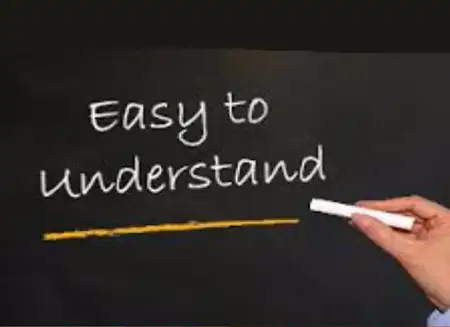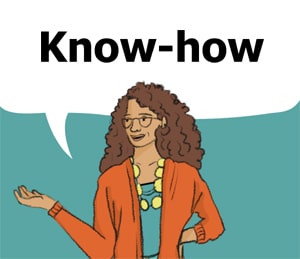The Owl and the Birds by Aesop for ESL Students
The Owl and the Birds by Aesop for ESL students with a podcast and vocabulary practice in real context based on the English Immersion Program The Owl and the Birds is now in the public domain available on Gutenberg Project. Podcast of the Owl and the Birds Watch this video on YouTube The Owl and …









